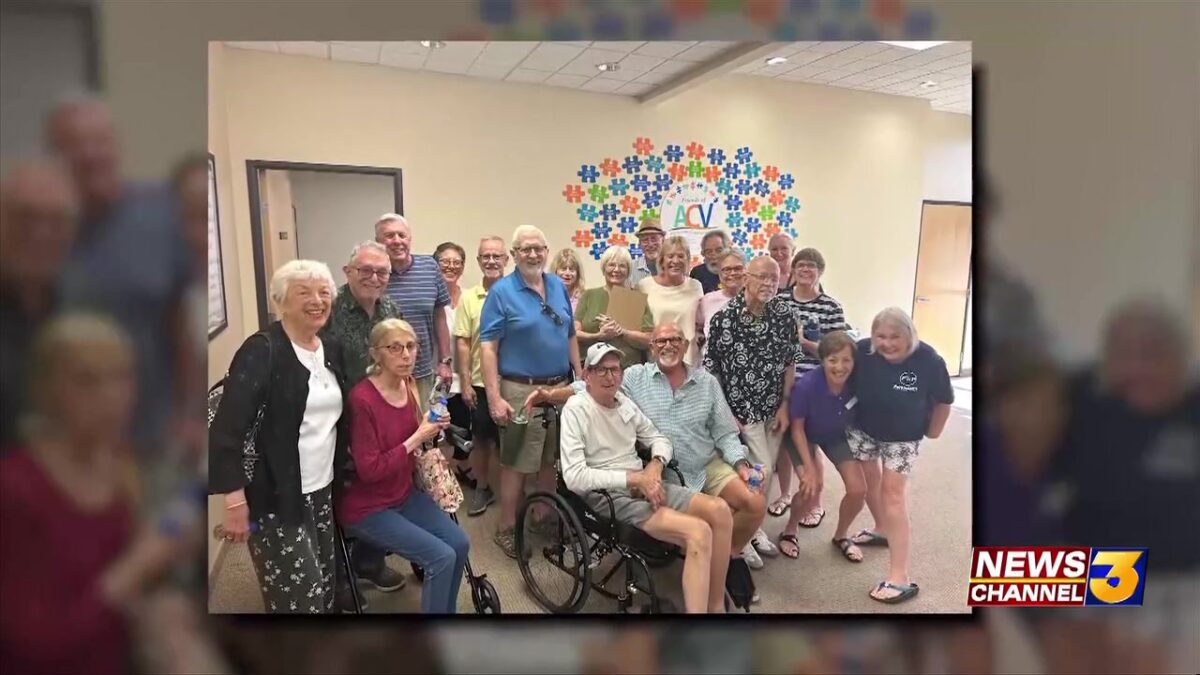Ozzy Osbourne’s death puts spotlight on Parkinson’s disease; Advocates urge early detection

Shay Lawson
PALM DESERT, Calif. (KESQ) – Following the death of rock legend Ozzy Osbourne, Coachella Valley advocates are urging residents to learn the early warning signs of Parkinson’s disease — a condition Osbourne publicly battled in his final years.
According to the Parkinson’s Foundation, about 1.1 million people in the U.S. are living with the disease.
In the Coachella Valley Eileen Lynch, Executive Director at Parkinson’s Resource Organization, said there is a higher concentration of people with Parkinson’s disease in Southern California than in the rest of the United States.
“We conservatively estimate that there are anywhere from 10,000 to 12,000 people living with Parkinson’s right here in Coachella Valley,” Lynch said. “That doesn’t include the caregivers and the family that are there supporting them.”
Lynch said there is only one movement disorder specialist, which is the specialist trained to treat Parkinson’s, for that entire population.
“There is a massive gap between the demand and the need for services here,” Lynch said. “Here at Parkinson’s Resource Organization we’re happy to be diving into that gap, providing emotional support and practical resources for people with Parkinson’s and their families as they navigate this. But it is absolutely critical that we get more Parkinson’s specialists here in the Valley in the near future.”
News Channel 3 reached out to that specialist but he was not available for an interview on Tuesday.
The Alzheimers Coachella Valley (ACV) Parkinson’s support group meets weekly.
It offers support for both those diagnosed and their caregivers.
Jeanie Ormiston has attended that group for 6 months.
“I love it,” Ormiston said.
She said she was diagnosed with Parkinson’s disease in 2012.
“My doctor made me. I didn’t want to go. I didn’t want to know,” Ormiston said. “But then I went from a tremor to a jerk. It was too uncomfortable to be around people. She said go to the neurologist, and I did.”
Now, she said she regularly boxes and attends the ACV Parkinson’s support group.
“Movement is the only thing that helps,” Ormiston said. “Parkinson’s never takes a day off and you can’t either.”
Osbourne’s death comes as new research from the University of Bristol suggests dogs may be able to detect Parkinson’s by smell — possibly years before traditional symptoms appear.
Andrew Imbus, a Physician Assistant with Kaiser Permanente, said this discovery is encouraging.
“They’re allowing us an opportunity to even find these patients even earlier in the stages,” Imbus said. “Finding each person who has Parkinson’s, there’s at least this thought that they have a very unique olfactory scent to them that maybe we are unable to pick up. But a dog certainly can. Being able to find these patients earlier with Parkinson’s, I think is equally great.”
While still in early stages, the scent-based studies offer hope for non-invasive, early screening tools in the future.
Advocates, patients and medical professionals agree that early detection is key.
“We can’t turn back the time or regenerate those cells, at least not yet.” Imbus said. “What we can do is to try and slow it by improving your exercise and getting you the symptomatic care through medication, surgeries, whatever means we have in front of us to try and decrease the impact on your life with those symptoms.”
Stay with News Channel 3 to learn what those early warning signs are in the full report at 10 and 11 p.m.